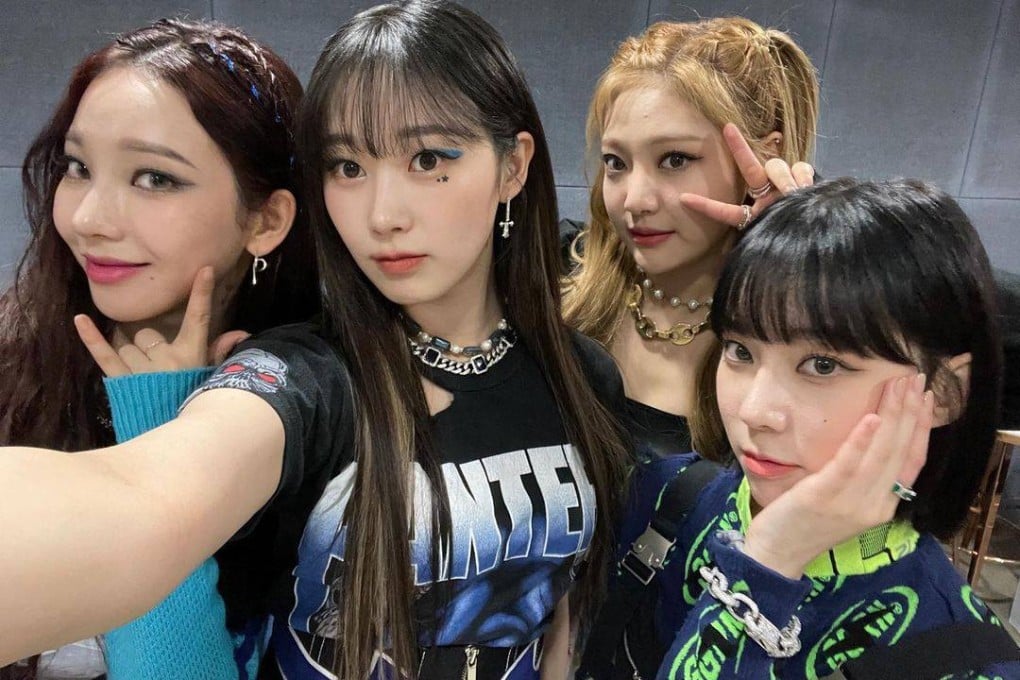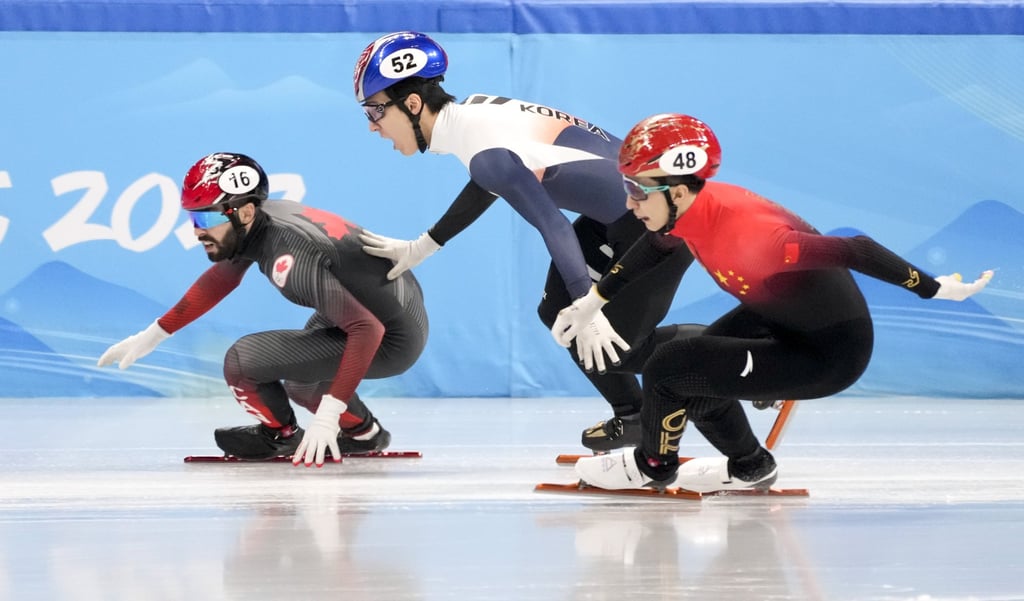Advertisement
Should Chinese K-pop stars bow? Culture clash hots up, sparked by China-Korea Olympics controversies
- Contentious decisions at the Beijing Olympics have prompted fierce debate between Korean and Chinese internet users – which has spilled over into K-pop
- Chinese members of pop groups are being slated for not bowing like their Korean counterparts, but some experts argue fans should ‘respect cultural differences’
Reading Time:3 minutes
Why you can trust SCMP

By Dong Sun-hwa
Anti-China sentiment triggered by recent Winter Olympics controversies has spilled over to K-pop, with internet users quarrelling over whether Chinese K-pop stars should bow like Koreans even though both cultures have different customs.
The heated debate started a few days after Korean short-track skater Hwang Dae-heon was disqualified from the men’s 1,000-metre semi-finals during the Beijing Olympics on February 7, despite finishing first.
Advertisement
In the wake of his disqualification – which most Koreans believe was because of unfair officiating – two Chinese skaters advanced to the final and ended up winning gold and silver. The incident has prompted an online war between Korean and Chinese people, with the former insisting that the host country’s athletes were given home advantage.

As the war of words continued, some Koreans switched their target to Ningning, a Chinese member of the K-pop girl group Aespa, who celebrated the Chinese team’s success after it clinched its first gold medal in the short-track speedskating mixed team relay on February 5.
Advertisement
Advertisement
Select Voice
Select Speed
1.00x